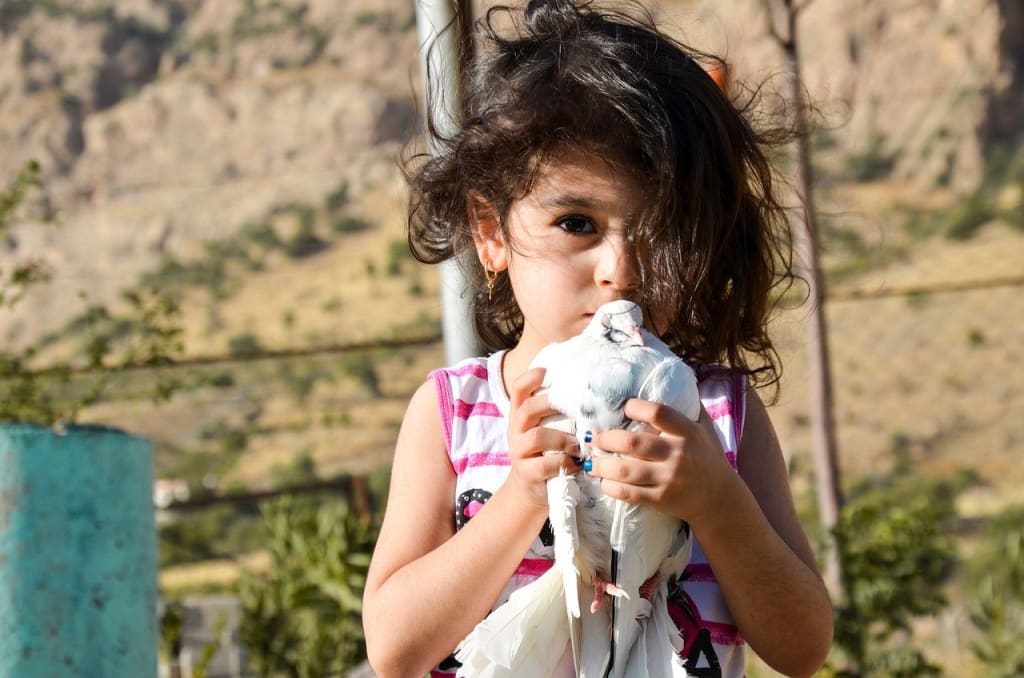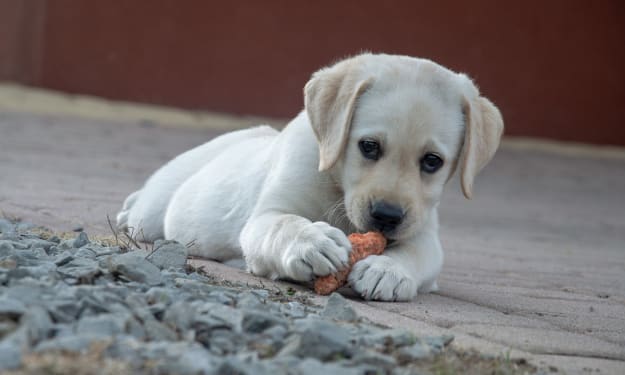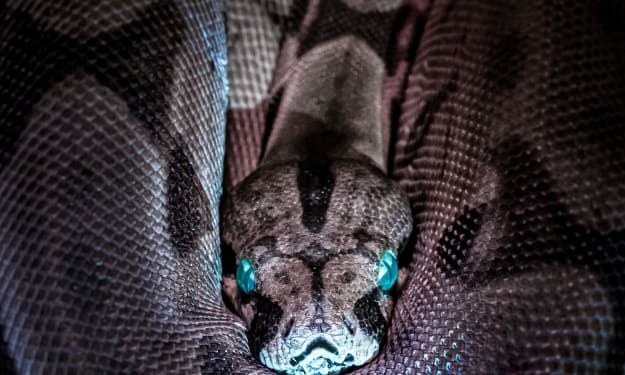Why Pigeons, Not Parrots, Are The Ideal Avian Companions
The underdog of the bird world deserves to be at our sides.

As a society, we don’t appreciate pigeons much. They’re known for being dirty, annoying, and covering everything from sidewalks to national monuments with their feces. Pigeons haven’t had a great public image — to most, they are dumb and disease ridden birds. But in reality, this couldn’t be further from the truth. References to domestic pigeons are found both in Egyptian hieroglyphs and Mesopotamian cuneiform tablets. Pigeons have been bred for thousands of years to work at our sides — many giving their lives to aid us as messengers of war. And yet, they are far from most people’s preferred avian pet — a parrot of various species, despite how little captivity suits them.
I’ll admit that I’m a little biased. I’ve worked with both species — and while I love parrots wholeheartedly and hope to share my home with them again in the future, they are far from an appropriate pet for everyone. I hope that when I open my home to a bird again , it’s a pigeon — because God, it would just be so much easier. Parrots are extremely emotionally intense animals who truly crave near-constant attention; which is, of course, pretty much impossible for the majority of parrot owners. Pigeons are also dependent flock animals (and should almost always be kept as a pair or group, not alone), but are not prone to destructive behaviors when unattended for long periods of time (and by parrot standards, this is an average workday), such as tearing out feathers obsessively or constant distress calls. Parrots have complex dietary needs, and require fresh fruits and veggies daily, along with a high quality pellet diet; in cases of macaws, particularly hyacinths, they need expensive nuts to supplement that base diet. Pigeons need healthy diets too, but are capable of eating far more seeds and pellets (much cheaper than fruits and veggies) than a parrot. Your pigeon’s vocalizations aren’t exactly quiet, but are unlikely to get you evicted from your apartment the way a bored sun conure’s screeches will.
But why are things this way? To make a long story short, pigeons are domesticated — parrots are not. Captive and domesticated are two very different things. And while you can have a pet parrot, it has not gone through the process of ‘taming’ in the same way a dog, cat, or pigeon has. Domestication syndrome is one way we can see this clearly displayed. Domesticated animals typically display vast physical and mental changes from their undomesticated counterparts — there’s no mistaking a fantail pigeon for your typical street bird.
These changes include craniofacial morphology (seen in many odd-looking pigeon breeds), changes in both total brain size and brain regions, color and shape changes, and overall more docile temperament. The one parrot we may be able to truly consider domestic is the English budgie, showing the typical altered skull shape of domesticated animals, an accentuated chest shape, and a significantly more docile, subdued demeanor (along with shorter lifespans). Some parrot species come with color mutations; however, they do not express the other physical and mental alterations found in domesticated species. Pigeons, however, are arguably as domesticated from wild rock doves as a Chihuahua is from a wolf.
But what’s so great about having pigeons as pets? For starters, they are nothing at all like their public image. Pigeons are actually very clean birds — disease is mainly spread through the feces of wild birds (even then, typically with severe buildup), which isn’t a problem with a regularly cleaned home for your pigeon. Most diseases pigeons contract are not zoonotic, meaning they cannot be passed on to humans. Furthermore, they are very good about preening themselves and flockmates to remove dirt, and may enjoy a good bath if presented with a shallow dish of water or a gentle misting from a spray bottle. They are also far, far more intelligent than they are given credit for. Pigeons have an amazing ability to recognize faces, patterns, and words. They’re excellent at categorizing objects — one group of study pigeons was trained to (very successfully) distinguish between paintings by Picasso and Monet. Pigeons can pass the ‘mirror test’ — in which a small sticker is placed on the bird, and upon seeing its reflection, the bird promptly removes the sticker, showing that it recognized the mirror image as itself. That’s something that few non-primate animals can do — dogs, even breeds known for their intelligence such as Poodles and Border Collies, do not pass the mirror test. In summary — they’re far from stupid.
Pigeons are also loyal, loving companions who can express affection just as well as any other pet. Those who have been raised properly are quick to bond with knowledgeable owners. Pigeons often enjoy being taken out of their enclosure and being held and petted, or riding on a favorite human’s shoulder or head. While they can’t be taught ‘sit’ or ‘lay down’ like a puppy, your pigeon can still learn impressive tricks. It’s common for pigeons to learn to come when called — especially given that they’ve been bred for centuries to return to their homes after flying for miles. Pigeons can also be potty-trained, either to hold it until you place them at a desired location, or to fly back to an area to relieve themselves. It’s fairly common for tricks such as flying through hoops or flapping their wings on command to be taught by dedicated owners with a little extra time. They can’t learn to talk like parrots, as they simply don’t have the ability; but they can learn to understand what your words mean.
It’s not that parrots don’t deserve loving homes or great care. It’s that really, we should have never brought them into our homes in the first place. Most of us will never be able to provide even close to what a parrot would need in our homes. Pigeons actually have the ability to be feasibly cared for — and be content. While the flashy colors of a parrot along with their intelligence may be alluring, keep in mind that pigeons have just as many great qualities, without quite so many of the negatives.
First published on Medium.






Comments
There are no comments for this story
Be the first to respond and start the conversation.